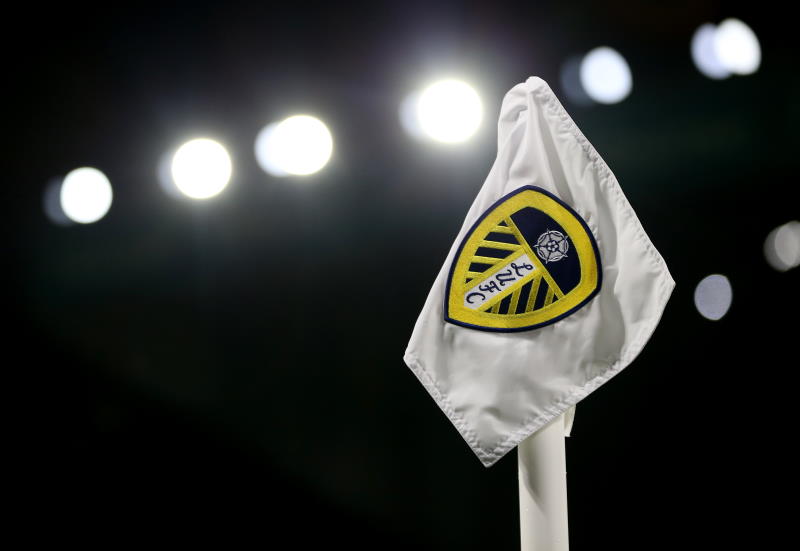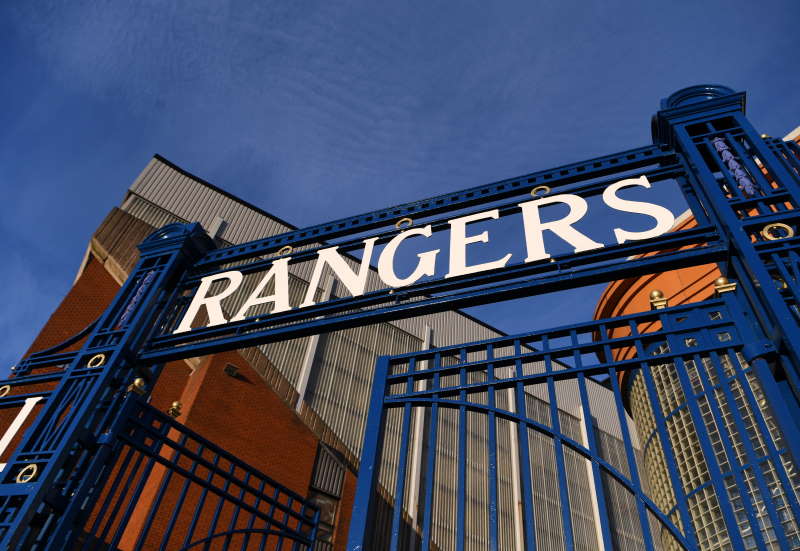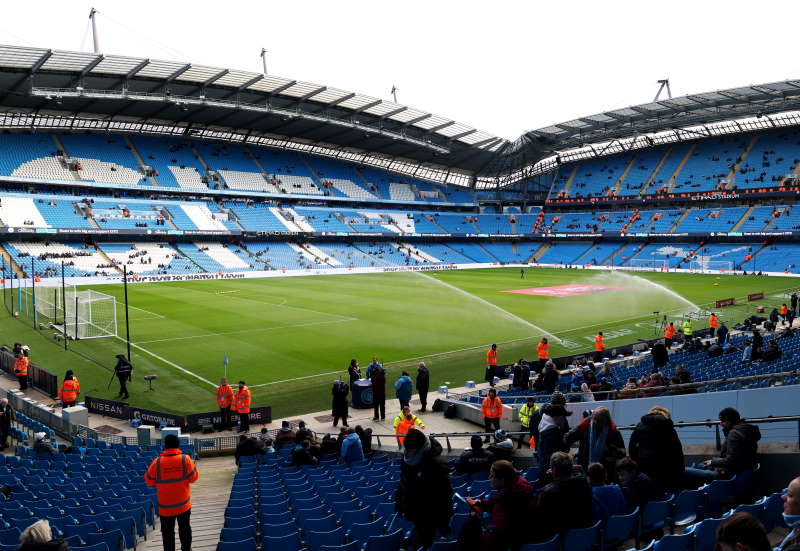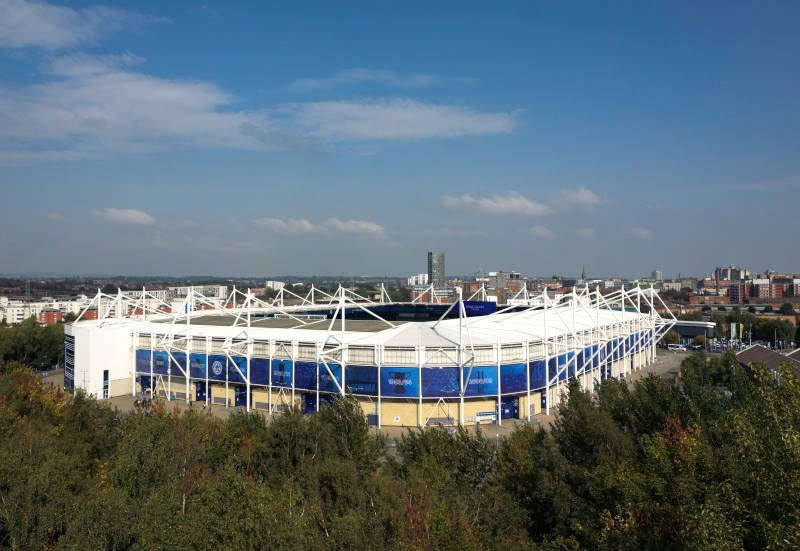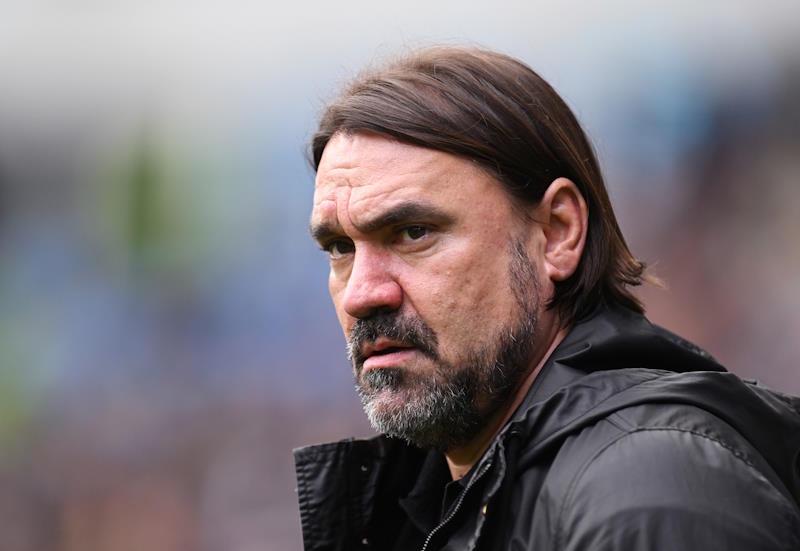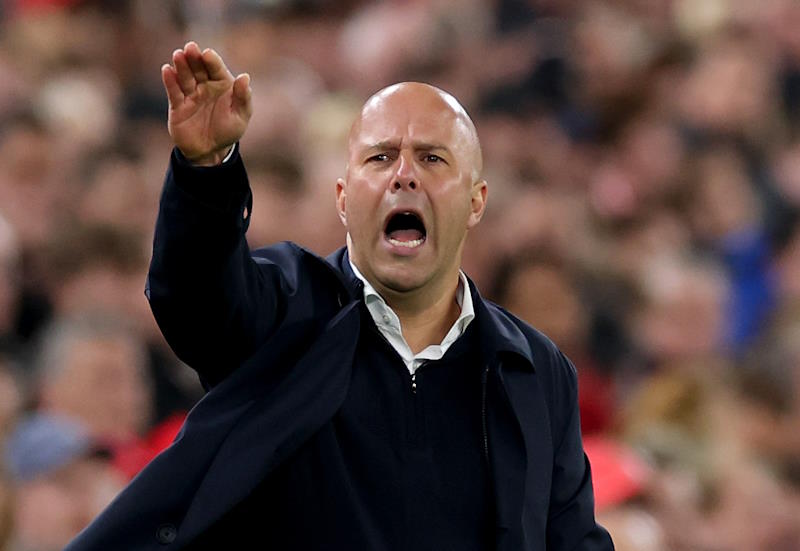
It is very clear that great players do not always make great managers. That phenomenon should hardly be surprising as the skills and aptitudes required for a career at the top on the pitch are not always those needed for a career at the top off it.
Late at night, in Rome, on 22nd May 1996, a magnificent Juventus side had just beaten Ajax 4-2 after a penalty shoot-out to claim their second Champions League trophy. 13 years later, a Juventus side coached by Ciro Ferrara, one of the stalwarts of that 1996 European Cup winning group, failed to even make it past the group stage of that same competition. Ajax did not even qualify.
Many of the players who contested the 1996 final have long since disappeared into obscurity with the passing of time. However, Alessandro Del Piero is still a fan favourite in Turin, Edwin van der Saar, keeper for Ajax back in ’96 is still going strong in England for Manchester United, Nwankwo Kanu is on his final footballing legs.
Paulo Sousa, Antonio Conte, Didier Deschamps, Gianluca Vialli and Ciro Ferrara, all of whom featured prominently for Juventus back then have since ventured into coaching. Paulo Sousa played 57 minutes in the ’96 final. Before his career was ended prematurely by recurring injuries the Portuguese was one of the tidiest defensive midfielders in the world. A player with Andrea Pirlo’s vision and Patrick Vieira’s tenacity.
Sousa went on to manage the Portugal Under-15 side soon after gaining his coaching license. An appointment as first assistant to Carlos Queiroz for the senior national side soon followed, but it was his appointment as head coach of English second level side Queens Park Rangers that thrust the Portuguese into the coaching limelight. Sousa was sacked five months later for allegedly divulging sensitive information. Many felt he was going to be sacked anyway as QPR won a mere seven games and were languishing in 10th place during his tenure. The ex-Juventus man is currently head coach of Swansea City, having being appointed in late June of last year. Paulo Sousa is yet to establish himself as one of the better tactical brains in the world, but at the young age of 39 he still has lots of time to do so.
Gianluca Vialli is hardly heard about anymore. The striker who rose to fame in Italy with Sampdoria and Juventus was captain during that final in Rome. Indeed, the image of him raising the oversized European trophy over his bald head is perhaps the enduring one of that Champions League edition. Heading to England, Vialli was named player-manager at Chelsea after then coach Ruud Gullit was sacked. For a rookie coach, the Italian acquitted himself tremendously well. He picked up the now defunct Cup Winners Cup and the English League Cup in the year he was appointed. A UEFA Super Cup win over Real Madrid followed at the commencement of his second season in charge, and Chelsea placed third in the league that same season, just five points adrift of winners Manchester United.
Vialli delivered Chelsea’s highest league finish since 1970. All these achievements were accomplished when the ex-Juventus man was still a player-manager. However, things began to go sour during his third season in 2000. Despite winning the FA Cup, Chelsea failed to improve upon the promise of the earlier season as they finished a disappointing fifth in the Premier League and were eliminated by Barcelona in the quarter-final of the Champions League, after leading 3-1 from the first leg.
The Italian boss then led Chelsea to win the Charity Shield, beating Manchester United. That was his fifth trophy in a little less than three years. At that point Vialli was Chelsea’s most successful manager. It was not to continue however, and he was sacked five games into that season after just a single win. There was a reported fall-out with several senior players, and Vialli himself admitted he had lost some of the confidence of his team after public criticism from his French defender, Frank Leboeuf. He took up a coaching position afterwards with second tier side Watford in 2001/02, but there things got no better. Vialli was promptly sacked after leading the club to 14th spot despite spending huge amounts of money to change most of the playing personnel.
Currently, Vialli remains unemployed as a manager despite having been linked with several returns to the game, and works as a football commentator back home in Italy. Vialli’s stint at Chelsea clearly shows he has a talent within himself to be at least a decent manager. However, whether he could achieve greatness and become a truly top class manager is something that cannot be proven either way unless he returns to the dugout.
Didier Deschamps won every team honour as a player. A defensive midfielder for both France and Juventus in his time, Deschamps featured for the entire 90 minutes during Juventus’ final game against Ajax in 1996. He retired from international football in 2000 after leading France to both the World Cup and European Championship trophies.
The Frenchman began his coaching career with Monaco, leading them to the French Cup in 2002/03, as well as managing them to the final of the Champions League in 2004, which they lost to Jose Mourinho’s FC Porto. Deschamps resigned in late 2005 after a disagreement with the club president and then secured the high profile job of Juventus coach in July 2006. This was after Juventus had been relegated to Serie B following the infamous Calciopoli scandal. He won the Birra Moretti Cup and led Juventus back into Serie A with some awe inspiring results during the season.
Deschamps then announced his resignation after several confrontations with the club hierarchy however, and is currently the head coach of Olympique Marseille who lie fourth in Ligue 1 at the time of writing. Known for modelling his team on work ethic rather than individual brilliance, it is just a matter of time before one of Europe’s bigger clubs come calling. Until then Marseille is the perfect springboard for Deschamps to prepare for a return to the very top.
Antonio Conte was a battling midfielder for that Juventus side in 1996, and for many personified the never-say-die attitude of the Turin giants. The now 40-year-old got his big coaching break with Bari, and led them up into Serie A from Serie B. A move to Atalanta followed this season, but Conte could not turn round what, even by late September, already looked a sinking ship. Despite initially making Atalanta hard to beat, the team struggled and the former Juventus man resigned in early January, leaving the club second from bottom. Conte could well go on to better things in his coaching career, and was even linked with the Juventus job at one point, but he does still have much to learn and it remains to be seen quite how far he can go.
Ciro Ferrara is one former member of that 1996 Champions League win that got the Juventus job, although he did not hold on to it for too long. Juventus represented the defender’s first coaching post, though Ferrara was part of the technical staff for Italy’s successful 2006 World Cup campaign. The 42-year-old was criticised throughout his tenure as coach of the Turin giants, especially for lacking the experience to forge a successful group. Nevertheless, despite Juventus’ poor performance under Ferrara, it would be unfair to judge his coaching competence based on this season alone. After all, Juventus was his first assignment as head coach and the job packs enough pressure to make even the most experienced of managers feel uncomfortable.
The Champions League winning class of 1996 have yet to really make their mark in the coaching world in a way that might have been expected. Whilst early success and victories have inspired hopes of a never-ending flow of silverware, the inevitable disappointments and grind of day to day coaching have worn all d
Related Articles:
- – Juventus the Victim of Ranieri’s Roma Revenge
- – Beckham and Mourinho in Strange Underdog Status
- – Are Italian Youth Policies Good Example?



